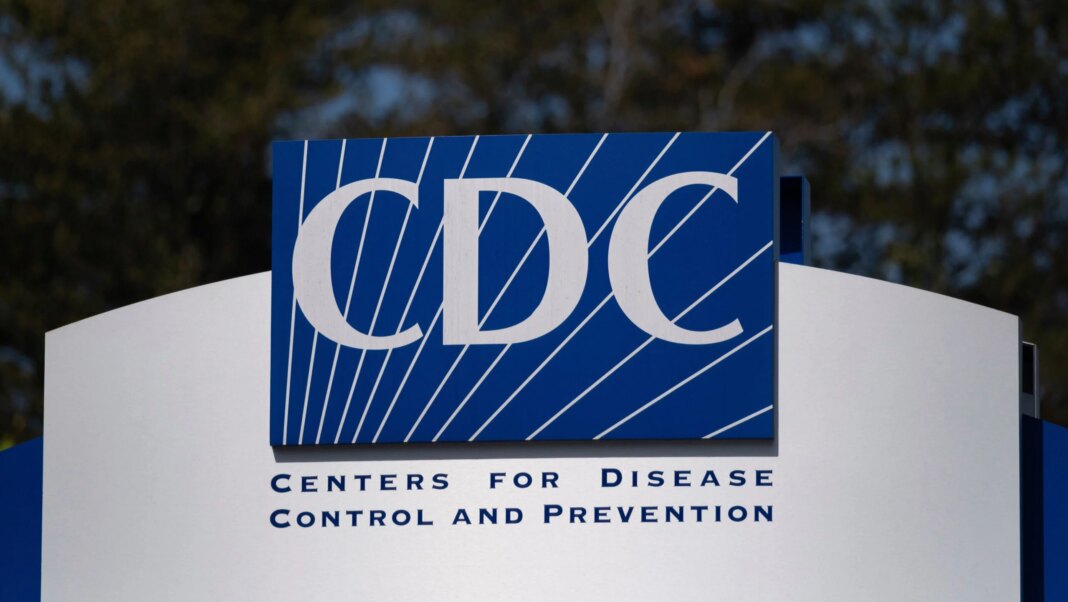CDC Changes Vaccine and Autism Messaging, Prompting Outrage
The recent alterations to a Centers for Disease Control and Prevention (CDC) webpage have ignited controversy among public health and autism experts. The webpage, which traditionally asserted that “vaccines do not cause autism,” now states that this assertion is “not an evidence-based claim.” This shift has caused significant concern, leading many to question the motivations behind the changes and their implications for public health.
The Repercussions of the Update
The CDC’s updated statement is viewed as a departure from decades of scientific consensus, which has consistently affirmed that there is no causal link between vaccines and autism. Public health advocates are alarmed by this change, expressing their disbelief and frustration. The Autism Science Foundation, a prominent advocacy organization, condemned the revision, labeling it filled with “anti-vaccine rhetoric and outright lies about vaccines and autism.”
A Call for Clarity from Experts
Dr. Susan Kressly, president of the American Academy of Pediatrics, articulated the collective sentiment among health professionals. She emphasized that the scientific conclusions about vaccines and autism are “clear and unambiguous” and urged the CDC to cease any actions that might undermine confidence in vaccines—an essential tool for maintaining public health.
Questions Surrounding the Change
The circumstances surrounding the CDC’s website revision remain murky. It is unclear whether CDC staff were directly involved in the modification or if it was a directive from the Department of Health and Human Services (HHS) under the newly appointed Secretary Robert F. Kennedy Jr. Many within the CDC reportedly had no prior knowledge of the change, raising concerns about internal decision-making processes. Dr. Debra Houry, a former CDC official, highlighted the perils of sidelining scientists in discussions that should be grounded in empirical research.
Lack of New Evidence
Interestingly, the updated webpage refrains from citing any recent studies supporting a potential link between vaccines and autism. Instead, it suggests that past research which upholds the absence of such a link has been ignored by health authorities. HHS spokesman Andrew Nixon indicated that a comprehensive assessment of autism causes is underway, asserting that the CDC is updating its website to align with evidence-based science. However, this statement seems to conflict with the broader scientific consensus.
Distrust in the CDC
Former CDC officials have voiced skepticism about the credibility of the agency’s communications going forward. Dr. Daniel Jernigan, who also resigned from the agency, suggested that the current leadership appears to be prioritizing ideologically driven narratives over evidence-based medical practices. The change in messaging raises alarm about the reliability of information coming from the CDC, especially concerning vaccine safety.
Legislative Implications
Compounding the issue is the involvement of political figures such as U.S. Senator Bill Cassidy, who played a pivotal role in approving Kennedy’s HHS nomination. Cassidy had previously expressed apprehensions about Kennedy’s stance on vaccine safety but later indicated that an agreement had been made for the continued inclusion of language on the CDC website asserting that vaccines do not cause autism. Despite these assurances, the asterisk now present next to the long-standing statement casts a shadow on its validity.
Ongoing Debates in Vaccine Safety
As the conversation surrounding vaccine safety continues to evolve, the broader implications of the CDC’s changes resonate with parents, healthcare providers, and public health officials. The importance of maintaining trust in vaccines cannot be overstated, especially in an age where misinformation can spread rapidly online. The continued scrutiny of the CDC’s alignment with established scientific research remains crucial for public confidence in vaccination programs.
By keeping the narrative clear and recognizing the scientific consensus, public health advocates hope to reinforce the critical role of vaccines in safeguarding children’s health. As debates rage on, staying informed and vigilant is vital for effecting positive change amidst uncertainty.



